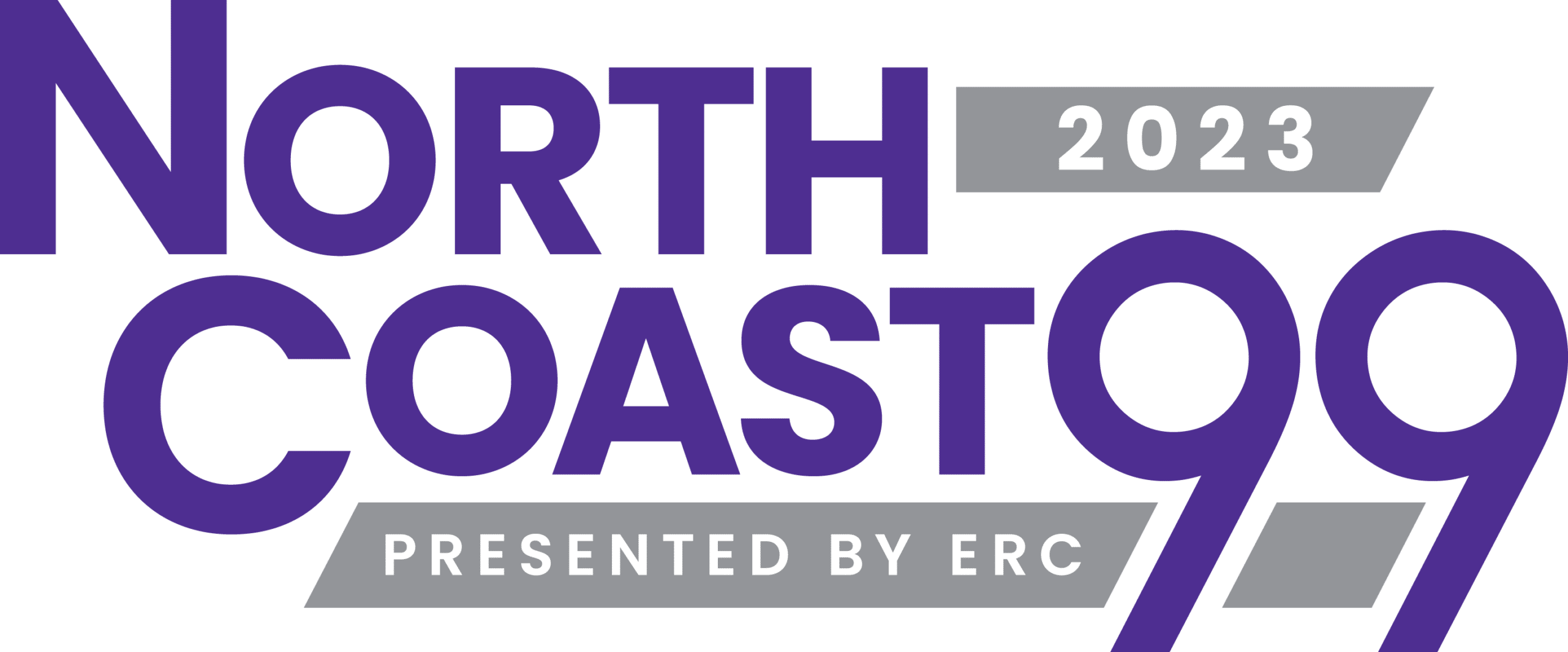Due to the COVID-19 outbreak, constant changes are being made in terms of taxation, government, and otherwise. Please review the below to stay up to date during this time.
TAX DEADLINE RELIEF CHANGES
April 10, 2020 – New deadlines have been made in order to provide a variety of taxpayers extensions and relief. Find the updated deadlines here.
SMALL BUSINESS LOAN PROGRAM OPTIONS
March 31, 2020 –One is the U.S. Small Business Administration’s Economic Injury Disaster Loan (EIDL) program, and the other is the Paycheck Protection Program (PPP) contained in the massive stimulus bill.
- Economic Injury Disaster Loan (EIDL) – provides businesses with operating funds until they recover. Avaialble at a maximum of $2 million with repayment over 30 years at 3.75 interest.
- Paycheck Protection Program (PPP) – Incentivizes employers to keep employees on the payroll and not lay anyone off during the COVD-19 crisis. Loans are intended to cover an eight week period. Answer your FAQs here.
STIMULUS BILL OFFICIALLY PASSED
March 27, 2020 –The President has signed a historical $2 trillion stimulus bill to protect the economy amid the COVID-19 pandemic, which is now officially passed. This means a crucial break for individuals and businesses during this time and hope for the economy.
The items covered include:
- Loan Forgiveness
- Direct Payments to Individual
- Increase in Unemployment Insurance Benefits
- Deferred Payroll Taxes
- Additional Hospital Funding
- And more
More updates to come as the bill progresses. For further highlights click here.
STATE TAX FILING DEADLINE EXTENDED
March 27, 2020 – Tax Commissioner Jeff McClain announced that Ohio will be following the federal government by extending the usual April 15 tax filing deadline until July 15 due to the COVID-19 outbreak. This allows three additional months to file your state taxes as well. Similar to the IRS extension, individuals and businesses alike are permitted unlimited tax payment deferral without penalty. Though the deadline has been extended, it is still encouraged to file your taxes now, this allows those with returns to get their money sooner.
DIRECTOR ISSUES STAY AT HOME ORDER
March 22, 2020 – In countless efforts to stop the spread of COVID-19, Amy Acton, MD, MPH, Director of the Ohio Department of Health, made special orders on March 22 requiring all Ohioans to follow a Stay At Home order with the exception of essential businesses. What type of business is considered essential? Click here for the full list.
IRA CONTRIBUTION EXTENDED
March 21, 2020 – The deadline for 2019 regular contributions to an IRA, both Roth and Traditional, have been extended to July 15, 2020.
HEALTH INSURANCE COVERAGE FLEXIBILTY
March 20, 2020 – In Ohio, all health plan issuers are ordered to comply with the following requirements during this state of emergency:
- Employee Eligibility – Insurers must permit employers to continue covering employees under group policies even if the employee would otherwise become ineligible.
- Premium Payment Delays – Allow option of deferring premium payments interest free for up to 60 days from original due date.
- Continuation of Coverage – As long as one employee remains active, eligible employees may elect to continue coverage under COBRA.
- Special Enrollment – Premium subsidies may be available for those who qualify after losing coverage.
This expires when the state of emergency is removed. Learn more here.
FEDERAL TAX FILING DEADLINE EXTENDED
March 20, 2020 – The U.S. Treasury Secretary Steven Mnuchin has officially extended the usual April 15 tax filing deadline until July 15 due to the COVID-19 outbreak. This allows three additional months to file your federal taxes amid the coronavirus pandemic. Individuals and businesses alike are permitted unlimited tax payment deferral without penalty. Though the deadline has been extended, it is still encouraged to file your taxes now, this allows those with returns to get their money sooner.
IRS NOTICE 2020-17 EXTENDED PAYMENTS
The due date for making federal income tax payments is postponed to July 15, 2020. As for state, Ohio has not yet conformed to the July 15 extended payment due date. The legislation is still pending.
The COVID-19 relief provided in this section is available solely with respect to federal income tax payments (including self-employment income) due on April 15, 2020. Find the full details of IRS Notice 2020-17 Section III here. Taxpayers who find themselves subject to such penalties or additions can seek reasonable cause relief for a failure to pay tax. They also can seek a waiver to the penalty for a failure to pay estimated income tax (the latter relief generally is limited to individuals and certain trusts or estates; it’s not available for corporations or non-profits).
REQUESTING DISASTER ASSISTANCE LOANS FOR SMALL BUSINESSES
March 17, 2020 – The Trump Administration released a relaxed criteria for Small Business Loans (SBA) to combat the COVID-19 economic disruption to over 30 million small businesses. For all the details please find the confirmation on SBA disaster loans here. According to the U.S. Small Business Administration, the relaxed criteria will have two immediate impacts:
- Faster, Easier Qualification Process for States Seeking SBA Disaster Assistance. Historically, the SBA has required that any state or territory impacted by disaster provide documentation certifying that at least five small businesses have suffered substantial economic injury as a result of a disaster, with at least one business located in each declared county/parish. Under the just-released, revised criteria, states or territories are only required to certify that at least five small businesses within the state/territory have suffered substantial economic injury, regardless of where those businesses are located.
- Expanded, Statewide Access to SBA Disaster Assistance Loans for Small Businesses. SBA disaster assistance loans are typically only available to small businesses within counties identified as disaster areas by a Governor. Under the revised criteria issued today, disaster assistance loans will be available statewide following an economic injury declaration. This will apply to current and future disaster assistance declarations related to Coronavirus.
It is expected that all counties within Ohio will receive an economic injury declaration from the U.S. SBA this week that will enable eligible small businesses in Ohio to apply for an Economic Injury Disaster Loan in an amount not to exceed $2 million. If a business is within a declared disaster area, it can apply for an Economic Injury Disaster Loan. If the business meets certain SBA requirements including the SBA’s size standard based on revenue or number of employees.
Complete an application online or download and mail to the U.S Small Business Administration.
For more details, click here.
Featured Post

Featured Client Testimonials
BW is a true partner to us. Their knowledge, expertise, and service are a valuable resource to us and play an important role in our success!
John Allen - Vice President of Finance, Kaufman Container

Featured Client Testimonials
I appreciate the exceptional tax advice we received over the years. The (BW team) has a good grasp of our business needs. Thank you for your excellent service.
John Griffiths - Owner, Rae Ann, Inc.

Featured Client Testimonials
The BW team has been fantastic to work with; both the team member at our office as well as at the partner level. Any issues or concerns are handled very efficiently and effectively.
Kelley Needham - Chief Executive Officer, Epilepsy Association

Featured Client Testimonials
Barnes Wendling has been our company accountants for over seven years. Their knowledge has been instrumental in helping us grow strategically during this time. And although we’ve seen many changes in our economy that we cannot control, we’ve always been able to trust the Barnes team to be by our side. The Barnes team feels like family. We can’t thank them enough for their support!
Christine Kloss - Controller, AT&F

Featured Client Testimonials
Barnes Wendling has been our company accountants for over 15 years. During this time, the business has grown exceptionally, and Barnes has kept pace, providing accurate, quality advice. Our finances are more efficient than ever, and the expense of hiring Barnes has been a definite positive add to our bottom line. I give my highest recommendation to their firm.
David Miller, MD - President, Retina Associates of Cleveland

Featured Client Testimonials
Barnes Wendling has provided us guidance and recommendations that have strategically helped strengthen our business and position ourselves for growth. We needed to hire a new VP of Finance and Controller this past year, and they were instrumental in helping us find the best candidates for our company.
Sara Blankenship - President, Kaufman Container

Featured Client Testimonials
We value the trust, accuracy of information, and reliability of Barnes Wendling and Mike Essenmacher personally. Mike has been instrumental as a trusted advisor on accounting, tax, and personnel issues. His advice is always accurate, and he is very reliable. His associates are also very talented.
Dominic Ozanne - President and CEO, Ozanne Construction Company

Featured Client Testimonials
We value Barnes Wendling’s expertise with all things accounting so we can operate our business using our strengths and allowing them to be our experts. They have also brought me a few business sale opportunities to allow me to grow my assets.
John Gaydosh - President and Metallurgical Engineer, Ohio Metallurgical Service

Featured Client Testimonials
Barnes Wendling (especially Lena) did a great job with our financials. Everything. It is extremely refreshing and comforting to know that all of our numbers are not only correct, but they are in the right place(s). Your diligence and reporting truly does make me (personally) feel better.
Thomas Adomaitis - Controller, Bialosky Cleveland

Featured Client Testimonials
I can wholeheartedly tell you that I have yet to work with an audit or tax team that have been more helpful, easy to work with, and committed than the team at Barnes Wendling- I have been through three different firms in the last few years.
Michelle Saylor, Former Controller, Aero Mag

Featured Client Testimonials
Floyd Trouten at Barnes Wendling CPAs is an “expert’s expert” when it comes to M & A accounting. Not only does he understand the evolving details of the Tax Code but he also sees the fine points of their application for owners, managers, investors, and financiers.
Mark A. Filippell, Western Reserve Partners

Featured Client Testimonials
The service is amazing at Barnes Wendling CPAs. The benefit is worth more than the cost. Sometimes it’s true that you get what you pay for.
Mark Boucher - Former Owner, Castle Heating & Air






